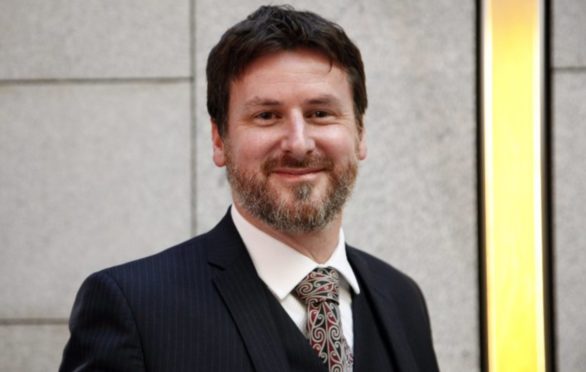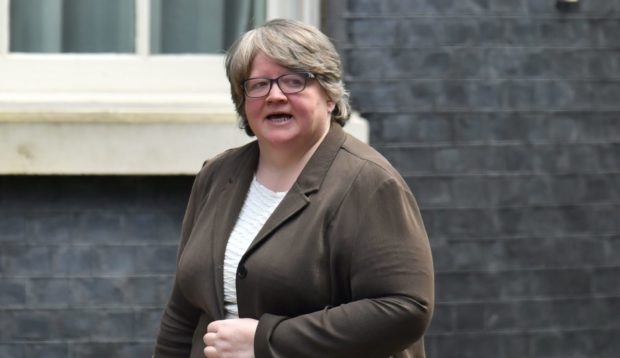The Children’s Commissioners of the devolved nations have come together to demand a change to the two-child limit on benefits.
They say the restriction on Universal Credit and Child Tax Credits for bigger families is “a clear breach of children’s human rights”. They also claim the policy is contributing to a rising gap in poverty levels between large and small families.
In an open letter to Therese Coffey, Secretary of State for Work and Pensions, the commissioners say the policy clashes with the UN Convention on the Rights of the Child.
The children’s tsars, including Scotland’s Children and Young People’s Commissioner Bruce Adamson, call for an end to the two-child limit on the benefits.
Parliamentary committee
Mr Adamson will tell a parliamentary committee this week that UK benefits rules are restricting the efforts of the devolved governments to tackle child poverty.
The policy has always been a controversial one.
Mr Adamson said: “With more than a quarter of a million children affected, poverty is the most significant human rights issue facing children in Scotland.
“Living in poverty affects every aspect of a child’s life, including their educational attainment and mental and physical health.
“ The UK’s approach to poverty was examined in 2019 by the United Nations’ top expert on poverty and human rights who highlighted that it is political decisions by government that are leading to disastrous levels of poverty.
“Now after over a year of the Covid-19 pandemic, the situation for children in Scotland has become much worse.”
‘Discriminatory policy’
In their letter, the commissioners also note that the policy also has disproportionate impacts on social groups where larger families are more common. This can be among some minority faith and ethnic groups and in Northern Ireland where families are larger than the rest of the UK.
Mr Adamson added: “The Scottish Government has taken some action to reduce the number of children in poverty including rolling out the Scottish Child Payment during the pandemic.
“However, I remain concerned that children’s rights are continuing to be breached in Scotland by the two-child limit on child tax credit and universal credit.
“That is why we have taken the step of writing to the UK Government to urge that this policy is reversed.
“We will continue to hold our devolved governments to account in relation to their obligations to respect, protect and fulfil children’s rights, but these governments can only go so far in their efforts to ensure children and their families get the support they are entitled to while this discriminatory policy also remains in force at a UK level.”
‘There are careful exemptions and safeguards in place’
A UK Government spokesman said: “We are committed to supporting families that are most in need and the latest figures show that the percentage of children in Scotland, Wales and Northern Ireland living in absolute poverty has actually fallen since 2010.
“Four out of five households across the UK have two or fewer children, and this policy ensures fairness by asking families in receipt of benefits to make the same financial choices as people who support themselves solely through work. There are also careful exemptions and safeguards in place to protect people in the most vulnerable circumstances.”
POLL: Do you think the two-child cap should be lifted?
How does it work at the moment?
Welfare reforms in the past few years mean families claiming Universal Credit no longer receive any additional cash for third or subsequent children born on or after April 6, 2017.
Someone already claiming Universal Credit with two children who then gives birth to a new child will not get any more money.
There are exceptions, including multiple births, adoption and formal and informal care arrangements.
Disabled children still receive additional support and families might also qualify for childcare help.
Read more from Schools and Family here

